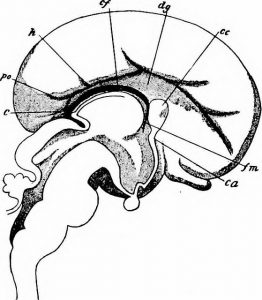Do you own a pair of runners that haven’t been worn in a while and is now collecting dust on your shoe rack? Science suggests – you may want to put them to use again.
Emerging studies shown that aerobic exercise can slow down aging of the brain and have positive implications on cognitive abilities such as memory retention. Several studies shown that individuals who regularly exercise occupy larger volumes of the brain involved in memory compared to individuals that do not exercise.
What exactly is it about physical exercise that has such an impact you might ask?
Upon light to intense levels of aerobic exercise, the body produces a spectrum of signalling chemicals. One of the chemicals that gets released yields the production of a very important protein called brain-derived neurotrophic factor (BDNF) which gets released in the brain and muscles. When produced in the body, BDNF maintains existing brain cells, promotes the growth of new blood vessels in the brain and encourages growth of the hippocampus, a region of the brain that is associated with memory.
Why this should concern you.
The size of the hippocampus decreases with age which often leads to memory decline and decrease in mental efficiency. In many older adults, cognitive deficits are commonly associated with old age. Researchers estimate that by 2050, there will be more than 115 million people that will suffer dementia globally. However, evidence shows that memory decline and aging of the hippocampus can be reduced and ultimately lower chances of dementia by exercising regularly.
Is one form of exercise more beneficial than the other?
As of now, researchers have not yet found an answer. The reason being is that most of the studies conducted only experimented with walking and/or running. However, it is suggested from the studies available that any type of exercise that would be able to elevate the heart rate to a certain level would produce these cognitive benefits.
As someone who enjoys being physically active and mainly weight trains, I was astonished about the benefits of aerobic exercise – all of this was new information to me. Ever since I learned further about these benefits of aerobic exercise, I have incorporated running to achieve a healthier, more cognitively efficient brain.
If you are physically able to exercise and do not currently do so, I hope this post encourages you to reach for your pair of runners, go out, and “jog your memory”.
It is never too late to start exercising.
– Aron Ha





